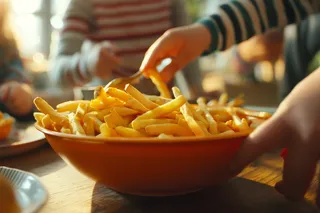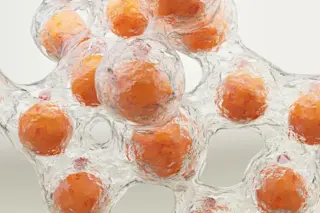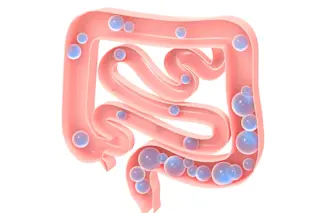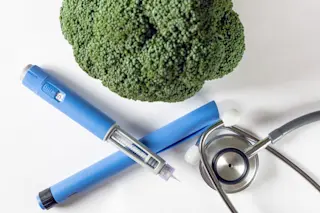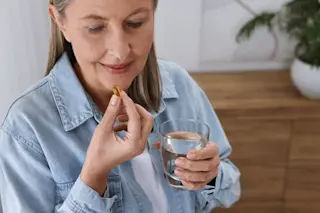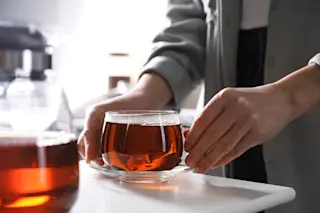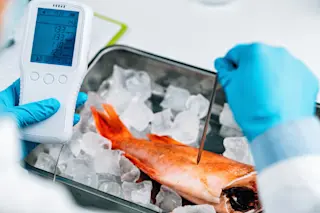Fructose and glucose are both sugars, they’re both prevalent in our diets and they both contain the same amount of calories. But one sugar makes you crave junk food more than the other. When compared to glucose, consuming fructose — ubiquitous in soft drinks and juices — enhances the brain’s sensitivity to images of fatty foods, increases cravings, and even makes people more willing to give up long-term monetary rewards in favor of a high calorie snack’s instant gratification.
Researchers recruited 24 volunteers and performed a battery of tests to pinpoint the ways fructose and glucose affect the body differently. First volunteers were asked to rate their desire for food on a scale from one to 10. They were then given a 10-ounce glass of cherry-flavored liquid to drink that was sweetened with either glucose or fructose. Afterward, researchers had volunteers look at a series of images, some food-related, while ...


